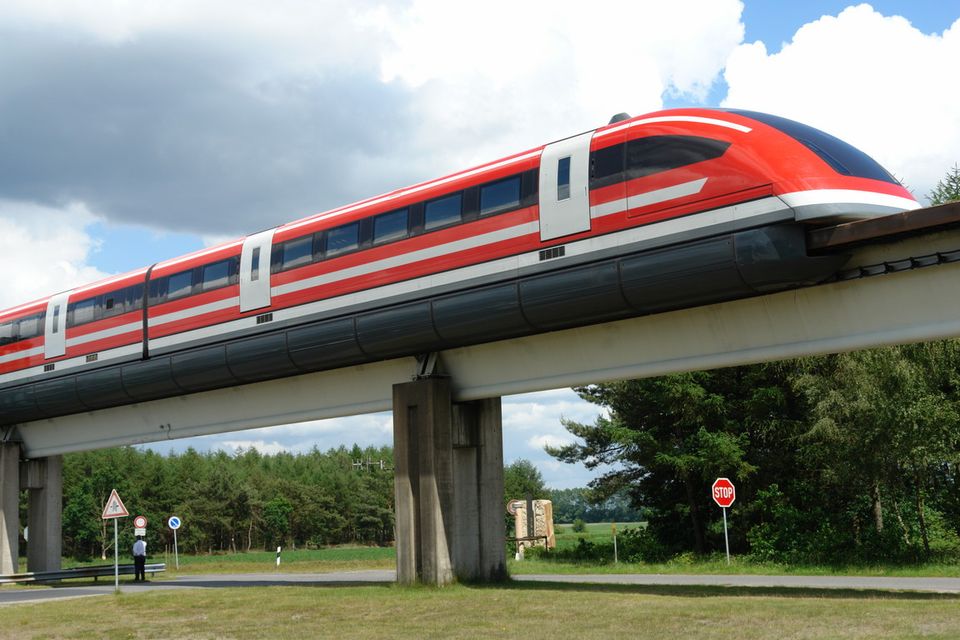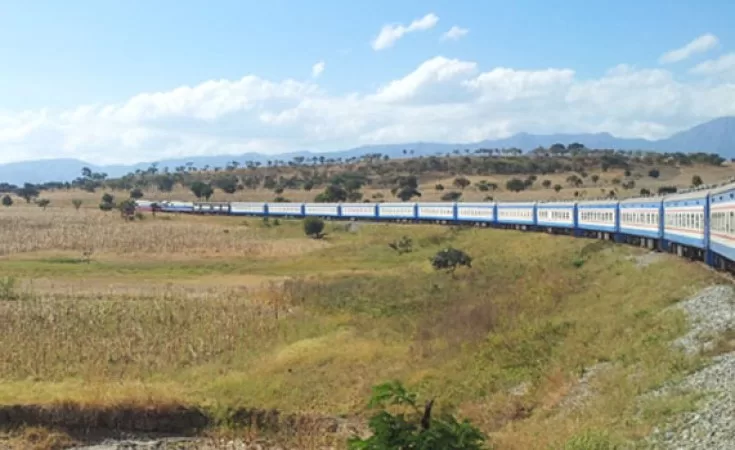Three countries, Tanzania, Zambia and China, have come together to upgrade the longest railway in Africa, the TAZARA railway. The US$1 billion plan was proposed By Beijing earlier this year to improve access between Zambia and world markets. The railway runs from Dar es Salaam, the port capital in Tanzania to the copper belt in Kapiri Mposh. Following the proposal, a memorandum was recently signed in China’s capital, Beijing, witnessed by Xi Jinping, along with Tanzanian president Samia Suluhu Hassan and Zambian president Hakainde Hichilema.

History on the TAZARA railway
The TAZARA railway was originally constructed between 1970 and 1975 with an interest-free loan from China, connects Zambia’s copper and cobalt mines to the Tanzanian coast, offering a crucial route to the sea. This railway bypasses South Africa and what was then the state of Rhodesia, serving as an alternative trade corridor. At the time of its construction, the railway was met with skepticism from some Western nations, who mockingly referred to it as the “bamboo railway.” Despite this, the railway began commercial operations in 1976 and has since become a vital part of the regional infrastructure.
Notably, the construction of the railway was a massive undertaking. Tens of thousands of Chinese and African workers collaborated on the project. They built two dozen tunnels and hundreds of bridges over the multi-year period. The cooperation between China and African nations during this time laid the groundwork for further partnerships, and the TAZARA railway stands as a testament to the enduring relationship between China and the continent.
Also Read: Morocco’s $4.2 Billion Kenitra-Marrakech High-speed Railway Line
Funding for the project
This effort is further supported by the World Bank, which earlier this year approved $270 million in financing to enhance connectivity between Tanzania and Zambia, boosting regional trade and economic integration. In a statement from President Xi, he emphasized China’s commitment to using the summit as a platform for further cooperation. He expressed a desire to make significant progress in revitalizing the Tanzania-Zambia railway and improving the rail-sea intermodal transport network in East Africa. Xi also highlighted Tanzania’s potential to become a demonstration zone for high-quality China-Africa Belt and Road cooperation.
Project Factsheet
Cost of Project: US$ 1 billion
Railway distance: 1,860 kms
Completion date: Unknown
Location: Tanzania, Zambia
The Afrail Express High-Speed Rail
Elsewhere in Africa, the proposed Afrail Express High-Speed Rail Phase One, which will take the title for the longest railway in the continent, will across multiple locations in various countries. This ambitious project aims to connect major cities in the continent at a remarkable speed of 431 km/h. This will allow passengers to travel between cities more quickly and safely, all at affordable rates. The first phase is expected to start operations by 2033, marking a significant milestone in modernizing transportation across the continent.

Cities the rail will cross
Phase One of the Afrail Express will establish key connections from Cape Town to Casablanca, passing through cities like Windhoek, Luanda, Lusaka, Kinshasa, Lagos, and Dakar. From Casablanca, the route will extend to Cairo via Tripoli. Another connection will run from Cairo back to Cape Town through cities such as Nairobi, Kigali, Harare, Gaborone, and Johannesburg. This network will form a secure transportation corridor that covers nearly 80% of Africa’s population. It will all be connected by the advanced Afrail Express Maglev technology.
Once fully operational, the Afrail Express is expected to transform the transportation landscape in Africa. It will serve over 600 million paying passengers every week. Additionally, the railway will handle over 500 million paid packages weekly, creating the largest industrial ecosystem on the continent. This massive development is projected to generate more than 50 million job opportunities, solidifying Afrail Express as a catalyst for economic growth and industrial advancement in Africa.

Leave a Reply